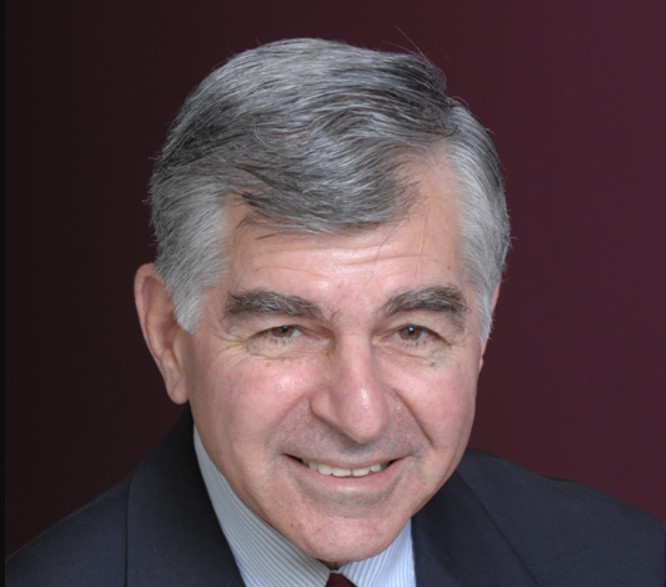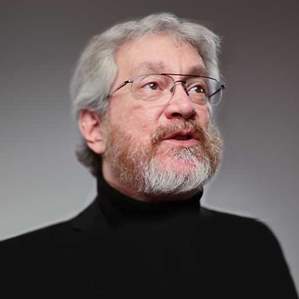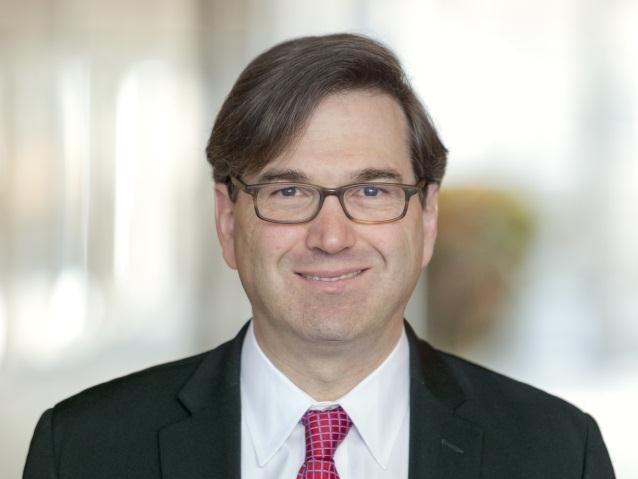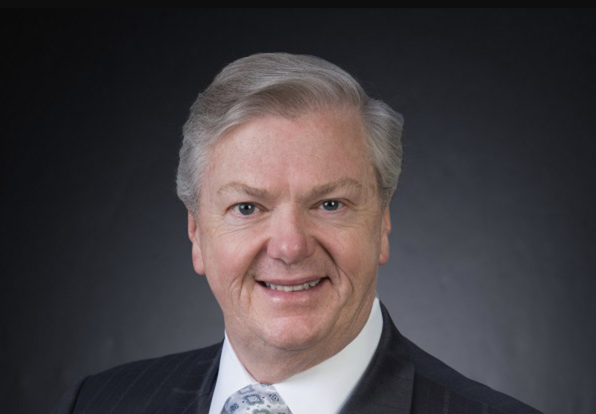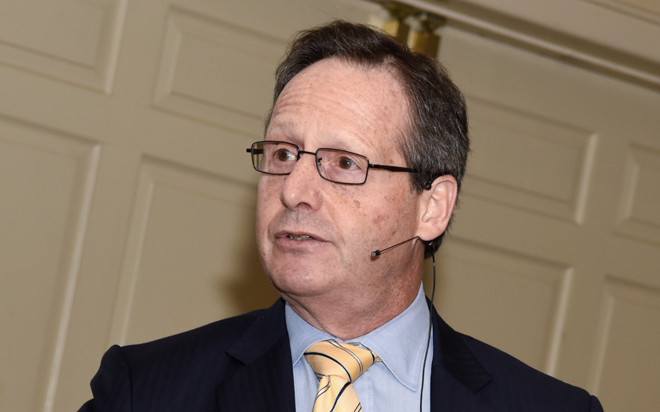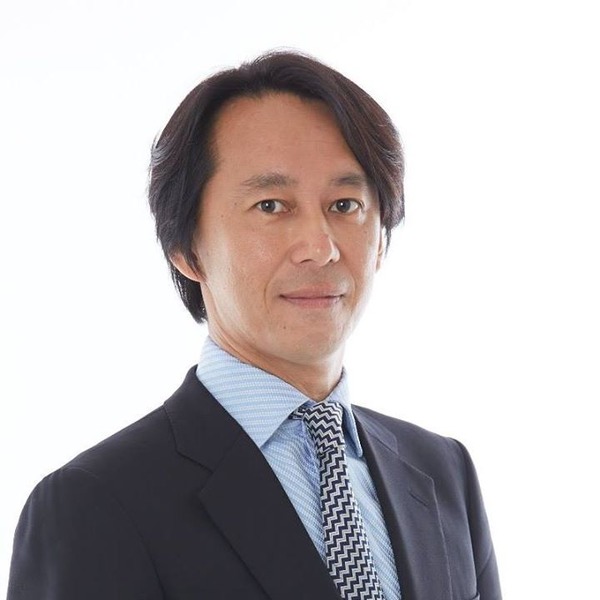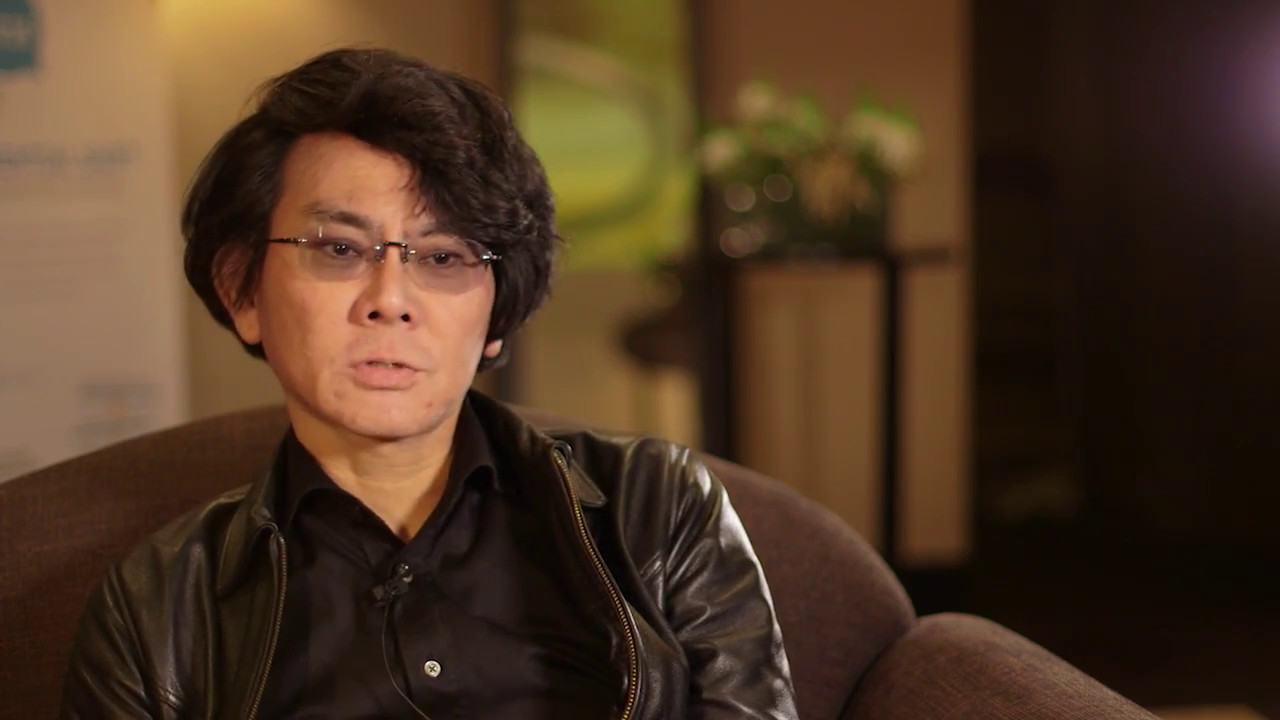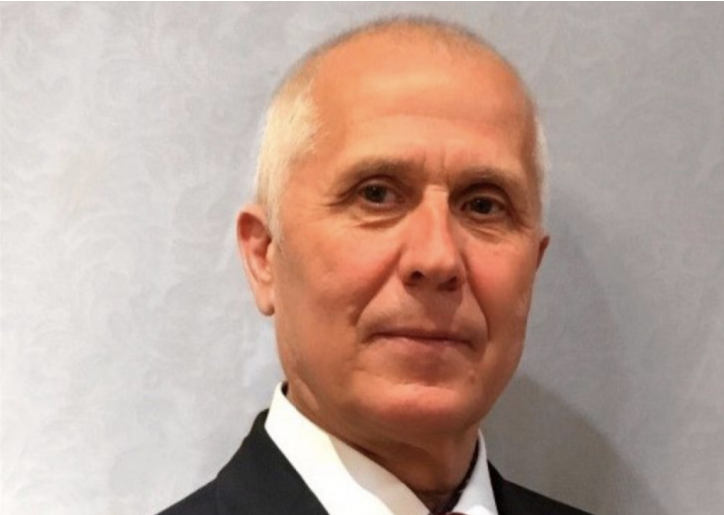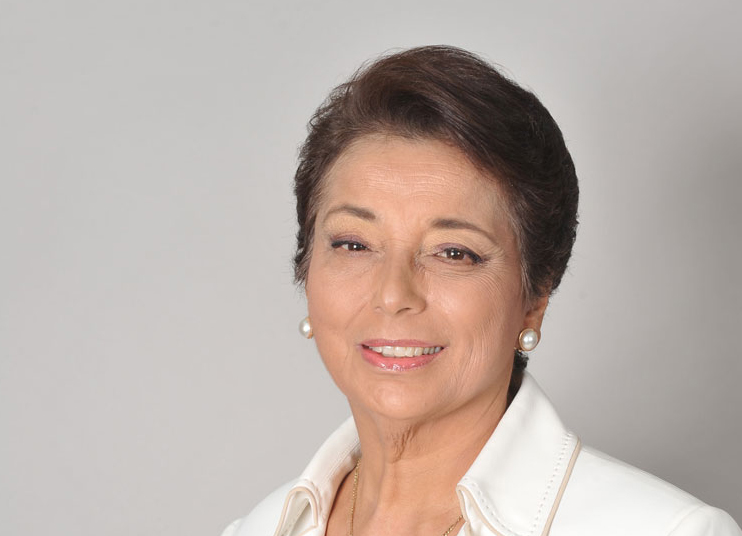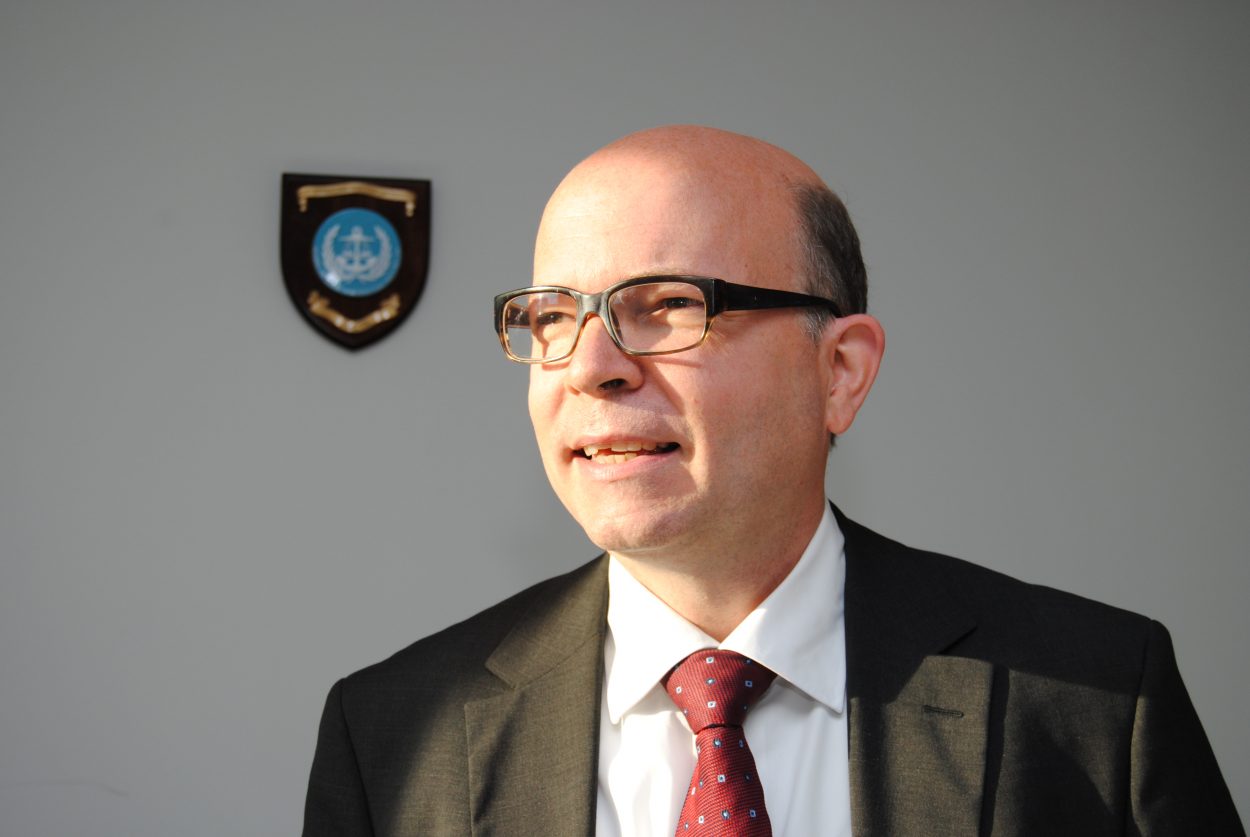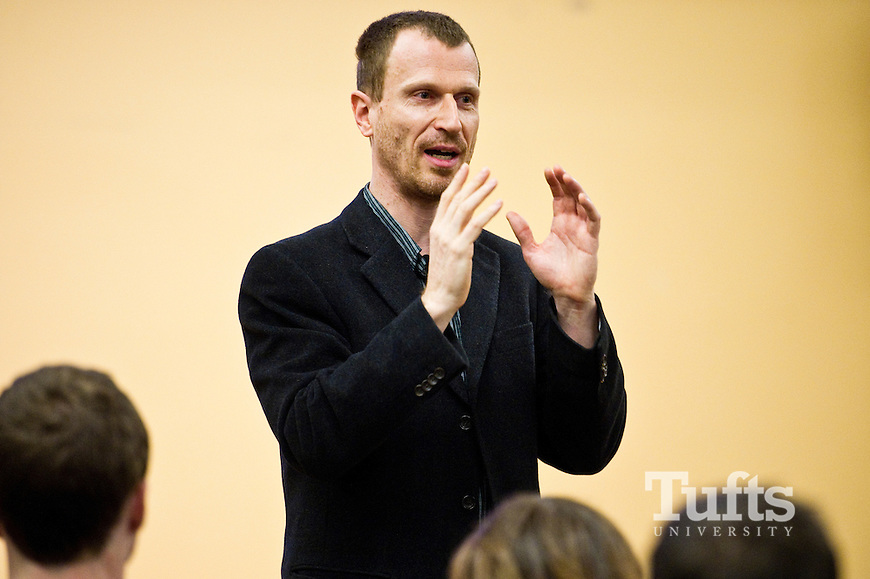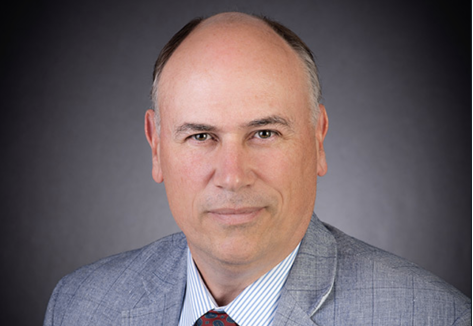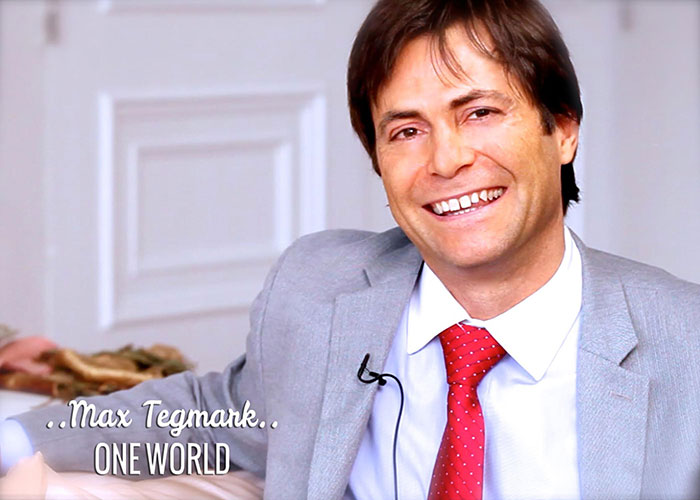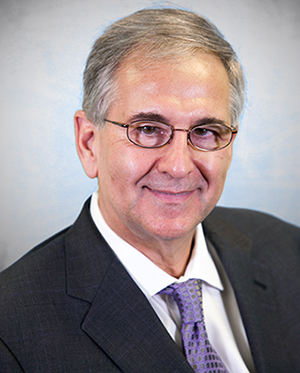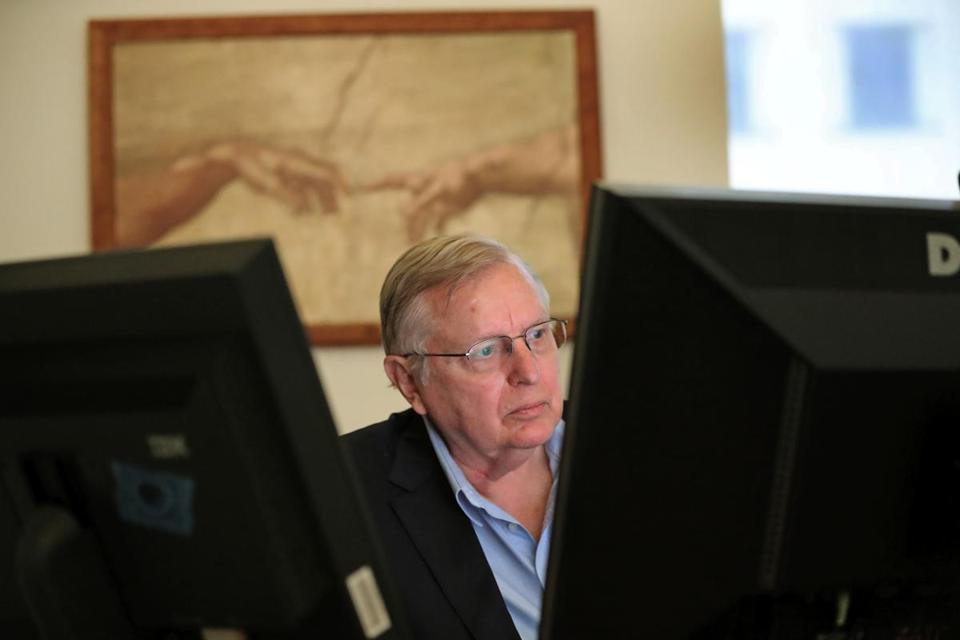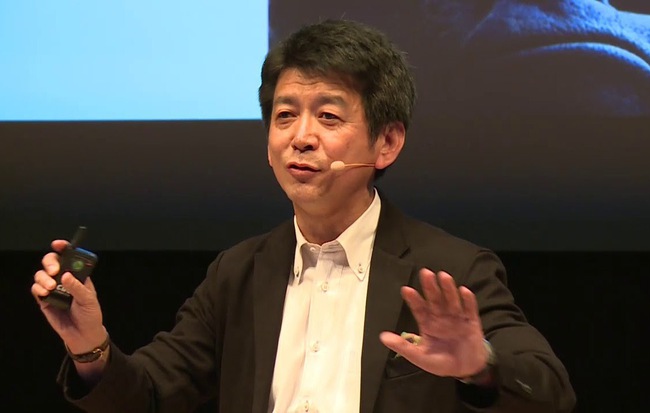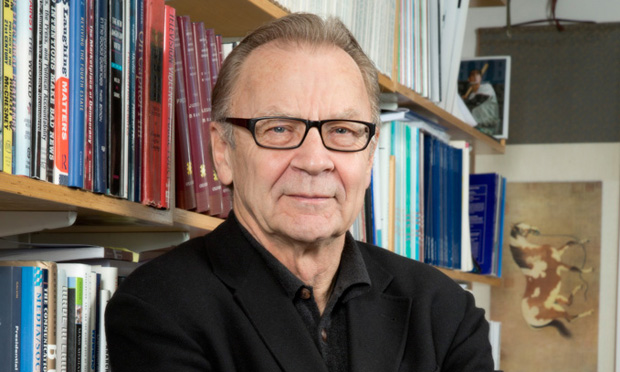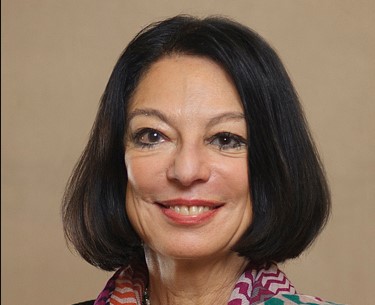AIWS Standards Committee
Mentor of the AIWS Innovation Network – Chairman of The Michael Dukakis Institute for Leadership and Innovation
Chairman of The Michael Dukakis Institute for Leadership and Innovation;
Co-Founder, Chairman of The Board of Directors and Board of Thinkers, The Boston Global Forum;
Democratic Party Nominee for President of the United States, 1988;
Distinguished Professor J.D., Harvard University
As Co-Founder and Chairman of The Board of Directors and Board of Thinker of The Boston Global Forum, Michael Stanley Dukakis culminates a half-century career dedicated to public service, political leadership, fostering the careers of young leaders, and scholarly achievement.
Together with Nguyen Anh Tuan, this former Massachusetts governor, has established The Boston Global Forum as a globally recognized think tank noted for developing peaceful solutions to some of the world’s most contentious issues, among them: fair labor practices in third-world nations, US-North Korean denuclearization negotiations, and the militarization of the South China Sea. Most recently, Gov. Dukakis has called for the ethical development and deployment of Artificial Intelligence, the Internet of Things and other 21st century Internet advances that permeate out daily lives.
To promote the work of the Boston Global Forum and to recognize those who support its goals, Gov. Dukakis co-created: “World Leader in Peace and Cybersecurity” Award; “World Leader in AI World Society” Award, and the AI World Society Initiative. Together with Nguyen Anh Tuan he also established December 12 as the annual Global Cybersecurity Day. Gov. Dukakis also coauthored, “The concepts of AI-Government,” “Ethics Code of Conduct for Cyber Peace and Security (ECCC),” and the “BGF-G7 Summit Initiative Report.”
Gov. Dukakis’s dedication to public service began modestly when he was elected Town Meeting Member in his native Brookline, Massachusetts, just outside Boston. He was later elected chairman of his town’s Democratic organization in 1960 and won a seat in the Massachusetts Legislature in 1962 where he served four terms as a state legislator. In 1970, he was the Massachusetts Democratic Party’s nominee for Lieutenant Governor and the running mate of Boston Mayor Kevin White in a gubernatorial race lost to Republicans Frank Sargent and Donald Dwight, Jr.
In 1974, he again ran for governor of the Commonwealth beating Gov. Sargent decisively in November of that year. He inherited a record deficit and record high unemployment and is generally credited with digging Massachusetts out of one of its worst financial and economic crises in history. But the effort took its toll. Dukakis was defeated in the Democratic primary in 1978 by Edward King, but came back to defeat King in 1982 and was reelected to an unprecedented third, four-year term in 1986. His colleagues in the National Governors’ Association voted him the most effective governor in the nation that year.
Gov. Dukakis ran for the presidency of the United States in 1988 but was defeated by George Bush. After announcing that he would not seek reelection as governor in 1991, he and his wife, Kitty, spent three months at the University of Hawaii where he was a visiting professor in the Department of Political Science and the School of Public Health. While at the University of Hawaii, he led a series of public forums on the reform of the nation’s health-care system that influenced the creation of Hawaii’s first-in-the-nation universal health insurance system whose lessons were incorporated into the national Affordable Care Act, championed by President Barrack Obama.
In addition to his Boston Global Forum role, Gov. Dukakis is currently a Distinguished Professor of Political Science at Northeastern University and Visiting Professor at the School of Public Policy at UCLA. Recently, he and former U.S. Senator Paul Simon authored, “How to Get Into Politics-and Why,” to provide young people with a road map to a career in public service.
As a life-long public transportation advocate, Gov. Dukakis was nominated by President Bill Clinton for a five-year term as a named to the Board of Directors of Amtrak in 1998. He served a full five-year term on the Amtrak Board as Vice-Chairman. He is often called upon to offer his expertise on rail service to Boston.
Gov. Dukakis continues to live Brookline, where he was born on November 3, 1933 to Panos and Euterpe (Boukis) Dukakis, who had emigrated from Greece and settled there after marrying. He graduated from Brookline High School (1951), Swarthmore College (1955), and Harvard Law School (1960), after which, he served for two years in the United States Army, sixteen months of which were with with the support group to the United Nations delegation of the Military Armistice Commission in Munsan, Korea.
Mike and Kitty Dukakis have three children: John, Andrea, and Kara, and are the proud grandparents of eight grandchildren.
Mentor of the AIWS Innovation Network – Co-founder of The Social Contract 2020
- Professor of Media Arts and Sciences
- Toshiba Professor
- Media Lab Entrepreneurship Program Director
- Co-founder of The Social Contract 2020
Professor Alex ‘Sandy’ Pentland directs the MIT Connection Science and Human Dynamics labs and previously helped create and direct the MIT Media Lab and the Media Lab Asia in India. He is one of the most-cited scientists in the world, and Forbes recently declared him one of the “7 most powerful data scientists in the world” along with Google founders and the Chief Technical Officer of the United States. co-led the World Economic Forum discussion in Davos that led to the EU privacy regulation GDPR, and was central in forging the transparency and accountability mechanisms in the UN’s Sustainable Development Goals. He has received numerous awards and prizes such as the McKinsey Award from Harvard Business Review, the 40th Anniversary of the Internet from DARPA, and the Brandeis Award for work in privacy.
He is a founding member of advisory boards for Google, AT&T, Nissan, and the UN Secretary General, a serial entrepreneur who has co-founded more than a dozen companies including social enterprises such as the Data Transparency Lab and the Harvard-ODI-MIT DataPop Alliance . He is a member of the U.S. National Academy of Engineering and leader within the World Economic Forum.
Over the years Sandy has advised more than 60 PhD students. Almost half are now tenured faculty at leading institutions, with another one-quarter leading industry research groups and a final quarter founders of their own companies. Together Sandy and his students have pioneered computational social science, organizational engineering, wearable computing (Google Glass), image understanding, and modern biometrics. His most recent books are Social Physics, published by Penguin Press, and Honest Signals, published by MIT Press.
Interesting experiences include dining with British Royalty and the President of India, staging fashion shows in Paris, Tokyo, and New York, and developing a method for counting beavers from space.
Jason Furman is Professor of the Practice of Economic Policy at Harvard Kennedy School. He is also nonresident senior fellow at the Peterson Institute for International Economics. This followed eight years as a top economic adviser to President Obama, including serving as the 28th Chairman of the Council of Economic Advisers from August 2013 to January 2017, acting as both President Obama’s chief economist and a member of the cabinet. During this time Furman played a major role in most of the major economic policies of the Obama Administration. Previously Furman held a variety of posts in public policy and research.
In public policy, Furman worked at both the Council of Economic Advisers and National Economic Council during the Clinton administration and also at the World Bank.
In research, Furman was a Director of the Hamilton Project and Senior Fellow at the Brookings Institution and also has served in visiting positions at various universities, including NYU’s Wagner Graduate School of Public Policy. Furman has conducted research in a wide range of areas, including fiscal policy, tax policy, health economics, Social Security, technology policy, and domestic and international macroeconomics.
In addition to articles in scholarly journals and periodicals, Furman is the editor of two books on economic policy. Furman holds a Ph.D. in Economics from Harvard University.
Dr. Creely, Associate Professor of Ethics, is Director of Ethics & Emerging Military Technology Graduate Program. Serves on NATO Science and Technology Organization Technical Team. At Brown University Executive Master of Cybersecurity, he is lead for leadership and ethics. Serves The Conference Board Global Business Conduct Council, Association for Practical & Professional Ethics Business Ethics Chair, and Robert S. Hartmann Institute Board.
Research Contributions
Revue Internationale De La Compliance Et LÉthique Des Affaires (International Review of complaiance and Business Ethics) Focus: “Ethics and Emerging Technolog: Understanding the Emerging Threat.”
N ?13-14 Du 30 Mar 2017
Ethics and Technology: A Component to the Third Offset Strategy.
Fall 2016
Northern Plains Ethics Journal
The Impact of Ambient Intelligence Technologies on Individuals, Society and Warfare.
Fall 2016, Vol. 19
The Bridge: The Magazine of the Naval War College Foundation
Contributor to War and Religion: An Encyclopedia of Faith and Conflict (2016)
Santa Barbara: ABC-CLIO Publishers
Allan M. Cytryn is with Risk Masters International, LLC, a consulting firm that advises clients on Risk Mitigation and Management, including business continuity planning, disaster recovery, and recovery from cyber attacks. He has been a senior Information Technology executive for more than 30 years. Prior to Risk Masters, Allan spent 15 years at Deloitte where he was a Director. His roles and responsibilities there included Regional CIO, National Director of Applications, and National Director of Technology for Audit and Enterprise Risk Services. Before joining Deloitte, Allan was the CIO of Simpson Thacher & Bartlett, a Vice President of Corporate Finance with Goldman Sachs, and a Vice-President of Information Technology with Bankers Trust. In all of these roles he led organizations through rapid operational and technological transformations and helped them adopt new and innovative technologies to support their core strategic objectives.
Allan additionally played a critical leadership role for Deloitte in managing the IT recovery from the 9/11/2001 attack in New York and for Simpson Thacher and Bartlett leading their recovery from the 1993 NatWest Tower Bombing in London.
Allan earned a BS in Electrical Engineering and Computer Science and an MS in Operations Research & Applied Mathematics from Columbia Engineering, as well as a M.Arch from Columbia’s Graduate School of Architecture, Planning and Preservation. He is active in alumni affairs, serving as the Chair of the Alumni Board of Visitors of the Columbia University School of Engineering and Applied Sciences and as the Treasurer of The Society of Columbia Graduates.
His son, Steven, graduated from Columbia College in 2006.
Founder and CEO of Tokyo-based people analytics startup Institution for a Global Society (IGS), which he started in 2010. Prior to founding IGS, Fukuhara was managing director at asset management firm Barclays Global Investors (BGI) where he made investment decisions based on computer-driven models. Fukuhara earned his Bachelor’s degree in Economics from Keio University and MBA from INSEAD. He holds a Master’s degree (with Honors) in International Finance from Grandes Ecoles HEC and Ph.D. from Tsukuba University Graduate School of Business Sciences (Ph.D. in Business Administration).
He is currently a Visiting Professor at the Center for FinTEK (Finance, Technology, and Economy) at Keio University as well as adjunct professor at Hitotsubashi University’s Graduate School of International Corporate Strategy.
Hiroshi Ishiguro is Director of the Intelligent Robotics Laboratory, part of the Department of Systems Innovation in the Graduate School of Engineering Science at Osaka University, Japan.
Hiroshi Ishiguro studied undergraduate Computer Science at the University of Yamanashi and later received a D.Eng. in Systems Engineering from Osaka University in 1991. Following graduation he began working as a research assistant in the Department of Electrical Engineering and Computer Science at Yamanashi. In 1992 he moved to the Department of Systems Engineering at Osaka University. In 1994 he became an Associate Professor in the Department of Information Science at Kyoto University where he began research in distributed vision using omnidirectional cameras. From 1998 to 1999 he served as a visiting scholar at the Department of Electrical and Computer Engineering at the University of California, San Diego (UCSD), and in 1999 as a visiting researcher at ATR Media Information Science Laboratories developing interactive humanoid robots, such as Robovie. In 2000 he transferred to the Department of Computer and Communication Sciences as an associate professor at Wakayama University, later becoming a full professor in 2001 before moving back to Osaka. He is currently a professor of the Department of Systems Innovation in the Graduate School of Engineering Science at Osaka University (2009-), and group leader of the Hiroshi Ishiguro Laboratory at ATR Intelligent Robotics and Communication laboratories (2011-) and ATR fellow. His current research interests include interactive robots, android robots and perceptual information infrastructure. His contributions to the field of robotics include, publishing more than 300 papers in major journals and conferences, such as Robotics Research and IEEE PAMI, and the development of several humanoids and androids (e.g. Robovie, Repliee, Geminoid, Telenoid, Elfoid, etc.)
In this interview, Ishiguro discusses his career and his accomplishments in the field of robotics. Outlining his various research projects (SLAM, Geminoid, Robovie, etc.) he then comments on the influences of theater and art on his work in humanoid and interactive robotics. He recounts the developments and challenges which arose during his research, such as Android Science and the difficulty of creating a human-like appearance, and reflects on the future challenges and applications of robotics.
Mikhail Kupriyanov is an expert in the field of intellectual methods for data and process analysis, artificial intelligence, and embedded systems. In 1977 he defended a PhD in the area of embedded system design; in 1988 he defended a doctorate thesis in the area of fault-tolerant and artificial intelligent systems design. In 1991 he gained the title of full-time professor.
Since 1993 he has been working in the position of professor at the Department of Computer Engineering (Saint Petersburg Electrotechnical University “LETI”) since 2015 he is a head of the Department.
Since 2010 he has been occupying the position of the head of the Computer Technologies and Informatics Faculty (Saint Petersburg Electrotechnical University “LETI”).
Since 2018 he has been occupying the position of the Director of Education Department (Saint Petersburg Electrotechnical University “LETI”).
Beatriz Merino was the first female Prime Minister of Peru. She held office between June 23, 2003 and December 12, 2003. Before serving as Prime Minister, she graduated from Harvard with a Master’s degree in law and had a successful career at Procter & Gamble. After her time at Procter & Gamble, she was elected as Senator from 1990-1992 and Congresswoman from 1995- 2000. During that time she served as President of the Environmental Committee and the Women’s Rights Committee.
Merino is widely recognized for her expertise and work with women’s issues. She was the Director of the Women’s Leadership Program, now known as Gender Equality in Development Unit, at the Inter-American Development Bank in Washington D.C. which aims to support and finance projects to enhance women’s leadership in Latin America. She was also a member of the board of directors for the International Women Forum and a steering committee member for the Business Women’s Initiative against HIV/AIDS. Merino also worked extensively in commercial, labor, corporate, and environmental legislation. She was the first Peruvian woman to serve on the Commission of Andean Jurists. At Lima University, she was the Director of Foreign Cooperation and of the Master’s program on tax revenue and fiscal policies.
She has authored two books, “Peruvian Women in the XX Century Legislation” and “Marriage and Rape: Debate of Article 178 of the Peruvian Criminal Code.” She served as Peru’s public ombudsman from September 2005 until March 2011.
Paul F. Nemitz is the Principal Advisor in the Directorate General for Justice and Consumers.
He was appointed by the European Commission on 12. April 2017, following a 6 year appointment as Director for Fundamental Rights and Citizen’s Rights in the same Directorate General.
As Director, Nemitz led the reform of Data Protection legislation in the EU, the negotiations of the EU – US Privacy Shield and the negotiations with major US Internet Companies of the EU Code of Conduct against incitement to violence and hate speech on the Internet.
Before joining the Directorate General for Justice and Consumers, Nemitz held posts in the Legal Service of the European Commission, the Cabinet of the Commissioner for Development Cooperation and in the Directorates General for Trade, Transport and Maritime Affairs.
Nemitz has represented the European Commission in numerous cases before the European Court of Justice and has published widely on EU law.
He is a visiting Professor of Law at the College of Europe in Bruges; Member of the Board of the Verein Gegen Vergessen – Für Demokratie e.V., Berlin; Trustee of the Leo Baeck Institute, New York; Member of the Board of the Association for Accountability and Internet Democracy, AAID, Paris; Member of the Scientific Council of the Foundation for European Progressive Studies, Brussels. He is also a member of the Tönissteiner Kreis e.V., Berlin, the Commission for Media and Internet policy of the SPD, Berlin; the German Association for European Law and the Arbeitskreis Europäische Integration, Heidelberg.
Nemitz studied Law at Hamburg University. He passed the state examinations for the judiciary and for a short time was a teaching assistant for Constitutional Law and the Law of the Sea at Hamburg University.
He obtained a Master of Comparative Law from George Washington University Law School in Washington, D.C., where he was a Fulbright grantee. He also passed the first and second cycle of the Strasbourg Faculty for Comparative Law.
Derek Reveron is a Member of Board of Thinkers, Boston Global Forum and Professor of National Security Affairs at the U.S. Naval War College. He specializes in strategy development, non-state security challenges, and defense policy. He is a faculty affiliate at the Belfer Center for Science and International Affairs at Harvard Kennedy School. Promoting cyber norms, he served on the Rhode Island Cybersecurity Commission and works with the Boston Global Forum. He teaches courses on human security, grand strategy, foreign policy analysis, and cybersecurity.
He has authored or edited eleven books, including Exporting security : international engagement, security cooperation, and the changing face of the US military(2016), China and cybersecurity : espionage, strategy, and politics in the digital domain (2015), US foreign policy and defense strategy : the evolution of an incidental superpower(2015), Cyberspace and national security : threats, opportunities, and power in a virtual world(2012), Global Security in a Borderless World with Kathleen Mahoney-Norris(2011), Exporting Security: International Engagement, Security Cooperation, and the Changing Face of the U.S. Military(2010), etc.
Scheutz is a Professor in Cognitive and Computer Science in the Department of Computer Science, Director of the Human-Robot Interaction Laboratory and the new Human-Robot Interaction Ph.D. program, and Bernard M. Gordon Senior Faculty Fellow in the School of Engineering at Tufts University.
He earned a Ph.D. in Philosophy from the University of Vienna in 1995 and a Joint Ph.D. in Cognitive Science and Computer Science from Indiana University Bloomington in 1999.
He has more than 300 peer-reviewed publications in artificial intelligence, natural language processing, cognitive modeling, robotics, and human-robot interaction. His current research focuses on complex interactive autonomous systems with natural language and machine learning capabilities.
Jeff Shaw is an Associate Professor of Strategy & Policy at the US Naval War College in Newport, RI. He is the author of “Illusions of Freedom: Thomas Merton and Jacques Ellul on Technology and the Human Condition” (Wipf & Stock, 2014).
He retired from the Air Force in 2011, having served as the Deputy Chief of the US Air Force Foreign Liaison Office, as well as the head of security assistance programs with the Japanese Air Self Defense Force.
Related Credentials
Author of illusions of Freedom: Thomas Merton and Jacques Ellul on Technology and the Human Condition
2014
Wipf and Stock
Research Contributions and Publications
An Interdisciplinary Approach to the Study of Technology
The International Journal of Critical Cultural Studies, December 2014
“War and Technology: Nanotechnology, Precision, and Globalization” in The Means to Kill – On the Interrelationship of War and Technology from Ancient Rome to the Age of Drones
2015
McFarland
“The Ogaden War” in Peripheries of the Cold War, Comparative Studies from a Global Perspective
2015
Königshausen & Neumann
External Memberships and Associations
Seamen’s Church Institute, Newport, RI
Member of the Board of Directors
Heterodox Academy
Member
The Ellul Forum
Editor
Naval War College Foundation
Life member
A native of Stockholm, Tegmark left Sweden in 1990 after receiving his B.Sc. in Physics from the Royal Institute of Technology (he’d earned a B.A. in Economics the previous year at the Stockholm School of Economics). His first academic venture beyond Scandinavia brought him to California, where he studied physics at the University of California, Berkeley, earning his M.A. in 1992, and Ph.D. in 1994.
After four years of west coast living, Tegmark returned to Europe and accepted an appointment as a research associate with the Max-Planck-Institut für Physik in Munich. In 1996 he headed back to the U.S. as a Hubble Fellow and member of the Institute for Advanced Study, Princeton. Tegmark remained in New Jersey for a few years until an opportunity arrived to experience the urban northeast with an Assistant Professorship at the University of Pennsylvania, where he received tenure in 2003.
He extended the east coast experiment and moved north of Philly to the shores of the Charles River (Cambridge-side), arriving at MIT in September 2004. He is married to Meia-Chita Tegmark and has two sons, Philip and Alexander.
Tegmark is an author on more than two hundred technical papers, and has featured in dozens of science documentaries. He has received numerous awards for his research, including a Packard Fellowship (2001-06), Cottrell Scholar Award (2002-07), and an NSF Career grant (2002-07), and is a Fellow of the American Physical Society. His work with the SDSS collaboration on galaxy clustering shared the first prize in Science magazine’s “Breakthrough of the Year: 2003.”
Mr. Weinman is Founder and Conference Chair of AI World. For the past two decades Eliot has been a successful entrepreneur and veteran high tech market expert. AI World was his fifth publishing start-up which he sold recently to Cambridge Innovation Institute. AI World and companion online magazine AI Trends have become the nation’s largest independent AI business event and integrated media platform covering the enterprise AI market. He previously founded and sold four leading publishing firms whose media products had become the largest in their respective industry. He has been a publisher, editor and author of numerous magazines, newsletters, books and research studies in diverse areas of advanced technology. His writings have appeared in publications such as the New York Times, Forbes, San Francisco Chronicle and The Washington Post.
Eliot received is M.S. in Computer Engineering from Boston University and completed a research fellowship in A.I. with GE and MIT where he worked on developing expert systems for the quality inspection of jet engine turbine blades. Before starting his first media business, he headed up the AI group at a top 10 property insurance company (Hanover Insurance) where he implemented one of the nation’s earliest commercial expert systems in underwriting and claims. He also headed advanced engineering groups at the MIT Draper Labs.
Eliot has created more than 200 events in emerging technology markets, including Mobile Commerce World, 4G World, Mobile Internet World, RoboNexus, RoboBusiness, Client/Server Computing and Application Development Conference & Expo. Mr. Weinman has partnered with, consulted to and sold his businesses to many of the industry’s leading computer hardware, software, publishing and research firms. He has taught courses at Northeastern University in AI and knowledge engineering. Previously he earned his B.S. in Accounting at SUNY Albany, and was a CPA for several large CPA firms.
Patrick H. Winston is Ford Professor of Artificial Intelligence and Computer Science at the Massachusetts Institute of Technology. He has been with CSAIL and before that the MIT Artificial Intelligence Laboratory since 1967. He joined the faculty in 1970, and he was the Director of the Artificial Intelligence Laboratory from 1972 to 1997.
Professor Winston is particularly involved in the study of how vision, language, and motor faculties account for intelligence. He also works on applications of Artificial Intelligence that are enabled by learning, precedent-based reasoning, and common-sense problem solving.
Professor Winston is chairman and cofounder of Ascent Technology, Inc., a company that produces sophisticated scheduling, resource allocation, and schedule recovery applications, enabled by AI technology, and in use throughout the world in major airports and the Department of Defense.
Professor Winston was a member of the Naval Research Advisory Committee (NRAC) (1985-1990, 1994-2000) for which he served as Chair from 1997 to 2000. During his service on NRAC, he chaired several studies, including a study of how the Navy can best exploit the next generation of computer resources and a study of technology for reduced manning. Professor Winston is also a past president of the American Association for Artificial Intelligence.
Professor Winston is working on a major new research and educational effort, the Human Intelligence Enterprise, which will bring together and focus research from several fields, including Computer Science, Systems Neuroscience, Cognitive Science, and Linguistics.
Sarah Cotterill, PhD, College Fellow in Psychology at Harvard University. She conducts research on political misinformation, as well as decision-making in the context of charitable giving, using experimental and machine learning techniques. She has an equal interest in statistics and methodology, including deep learning, regression (and variants of the generalized linear model), and survey/experimental design. Her written work, featuring insights from her research and from the broader field of psychology, has been published in The New York Times, The Boston Globe, and Psychology Today.
She is currently the Secretary of MDI’s AIWS Standards and Practice Committee, which is established to ensure ethical development of AI worldwide.
Ian Goodfellow (PhD in machine learning, University of Montreal, 2014) is a research scientist at Google. His research interests include most deep learning topics, especially generative models and machine learning security and privacy. He invented generative adversarial networks, was an influential early researcher studying adversarial examples, and is the lead author of the MIT Press textbook Deep Learning. He runs the Self-Organizing Conference on Machine Learning, which was founded at OpenAI in 2016.
He was named as one of 35 Innovators under 35 by MIT Technology Review. He wondered if two neural networks could work in tandem and invented a way for neural networks to get better by working together. “You can think of generative models as giving artificial intelligence a form of imagination,” Goodfellow says.
Areas of Expertise
Data Science • Disruption • Impact • Digital Networks • GGC-Disaster Resilience • Security • Leadership • Future Forecasting • Exponential Organizations • Artificial Intelligence • Internet of Things • Human Potential • GGC-Governance
About David
Dr. David A. Bray has served in a variety of leadership roles in turbulent environments, including bioterrorism preparedness and response from 2000-2005, time on the ground in Afghanistan in 2009, serving as the non-partisan Executive Director for a bipartisan National Commission on R&D, and providing leadership as a non-partisan federal agency Senior Executive. He was named one of the top “24 Americans Who Are Changing the World” under 40 by Business Insider. He was also named a Young Global Leader by the World Economic Forum for 2016-2021. Since 2017, David has served as Executive Director for the People-Centered Internet coalition co-founded by Vint Cerf and focused on providing support and expertise for community-focused projects that measurably improve people’s lives using the Internet. He also is Chief Strategy Officer for the advanced geospatial company MapLarge and serves as President of the non-profit startup Hu-manity.org focused on ensuring individuals have continuous choice and consent about their personal data.
David’s passions include the Future of Work, Future of Governance, and the Future of Augmented living learning communities that maintain a human focus on collaboration, pluralism, and individual choices. He previously served as both as a Co-Chair for an IEEE Committee focused on Artificial Intelligence, automated systems, and innovative policies globally and as a Visiting Executive In-Residence at Harvard University. He was named a Marshall Memorial Fellow for 2017-2018 and traveled to Europe to discuss Trans-Atlantic issues of common concern and the global future ahead.
David enjoys creative problem solving. He began working for the U.S. government at age 15 on computer simulations at a high-energy physics facility investigating quarks and neutrinos. In later roles, he designed new telemedicine interfaces and space-based forest fire forecasting prototypes for the Department of Defense. From 1998-2000 he volunteered as a part-time crew lead with Habitat for Humanity International in the Philippines, Honduras, Romania, and Nepal while also working as a project manager with Yahoo! and a Microsoft partner firm. Dr. Bray then joined as IT Chief for the Bioterrorism Preparedness and Response Program at the U.S. Centers for Disease Control and Prevention, leading the program’s technology response to during 9/11, anthrax in 2001, Severe Acute Respiratory System in 2003, and other international public health emergencies. He later completed a PhD from Emory University’s Goizueta Business School and two post-doctoral associateships at MIT and Harvard in 2008.
David likes to be a digital diplomat and a “human flak jacket” for teams of change agents working in turbulent environments. He volunteered in 2009 to deploy to Afghanistan to help “think differently” on military and humanitarian issues and in 2010 became a Senior National Intelligence Service Executive advocating for increased information interoperability, cybersecurity, and protection of civil liberties. In 2012, he became the Executive Director for the bipartisan National Commission for Review of Research and Development Programs of the United States Intelligence Community, later receiving the National Intelligence Exceptional Achievement Medal. He received both the Arthur S. Flemming Award and Roger W. Jones Award for Executive Leadership in 2013. He also was chosen to be an Eisenhower Fellow to meet with leaders in Taiwan and Australia on multisector cyber strategies for the “Internet of Everything” in 2015.
David is drawn to “near impossible missions” involving humans and technology in challenging circumstances. This included serving as a non-partisan Senior Executive and CIO for the Federal Communications Commission from 2013 to 2017. This included leading a team of positive #ChangeAgents and rolling-out new technologies that achieved results in 1/2 the time at 1/6 the cost. He was selected to receive the Armed Forces Communications and Electronic Association’s Outstanding Achievement Award for Civilian Government in 2015; he also received the global CIO 100 Award twice, usually is awarded to private sector Fortune 500 companies, both in 2015 and 2017, for his transformational leadership in change-adverse settings.
David currently serves on advisory Boards and provides strategy to start-ups espousing human-centric principles regarding collaboration, technology, and decision-making in turbulent, challenging environments. He also serves on Oxford Social Data Science Advisory Board at the University of Oxford and is a Senior Fellow with the Institute for Human-Machine Cognition. He has two book chapters coming out in 2018, one focused on the future of Augmented Intelligence and Artificial Intelligence and another on the Unfinished Work of the Internet co-authored with Vint Cerf.
Innovators
Field
- Human Informatics
- Artificial Intelligence
Location
- Central Research Laboratory
Publication List
- K. Yano, Invisible Hand of Data, Soshisha, July, 2014
- K. Yano, The Science of Human Interaction and Teaching, J. of Mind, Brain and Education, Volume 7, Issue 1, pp19-29, March 2013
- K. Yano, S. Lyubomirsky & J. Chancellor, Sensing happiness: Can technology make you happy?, IEEE Spectrum, pp26-31, Dec. 2012
- T. Tanaka, S. Yamashita, K. Aiki, H. Kuriyama, K. Yano, Life Microscope: Continuous Daily Activity Recording System with a Tiny Wireless Sensor, 2008 International Conference on Networked Sensing Systems (INSS 2008), pp162-165, 2008.
- J. Watanabe, M. Fujita, K. Yano, H. Kanesaka, T. Hasegawa, Resting Time Activeness Determines Team Performance in Call Centers, ASE/IEEE Social Informatics, Dec. 2012.
- T. Akitomi, K. Ara, J. Watanabe, and K. Yano, Ferromagnetic interaction model of activity level in workplace communication, Phys. Rev. E 87, 034801, March 2013
- Y. Wakisaka, K. Ara, M. Hayakawa, Y. Horry, N. Moriwaki, N. Ohkubo, N. Sato, S. Tsuji, K. Yano, Beam-scan sensor node: Reliable sensing of human interactions in organization, Proc. 6th Int. Conf. Networked Sensing Systems, pp. 58-61, 2009.
- K. Ara, N. Kanehira, D. Olguin Olguin, B. Waber, T. Kim, A. Mohan, P. Gloor, R. Laubacher, D. Oster, A. Pentland, and K. Yano. Sensible Organizations: Changing our Business and Work Styles through Sensor Data. Journal of Information Processing. The Information Processing Society of Japan. Vol. 16. April, 2008.
Director of The Michael Dukakis Institute for Leadership and Innovation
Co-Founder, and Chief Executive Officer of The Boston Global Forum
Mr. Nguyen Anh Tuan is co-founder and Director of The Michael Dukakis Institute for Leadership and Innovation (MDI), and co-founder and CEO of The Boston Global Forum (BGF).
Tuan is recognized globally for his pivotal role as a Vietnam Government reformist, who has successfully fostered freedom-of-expression, vigorous open debate and private enterprise in a nation that has become a leader in commerce, culture, and the innovation as well as a close ally of the West.
For his AI World Society Initiative and the concepts of AI-Government he developed, Vietnam National Television (VTV) named him Person of The Year 2018.
He is the Founder and Chairman of the VietNamNet Media Group and the Founder and Editor-in-Chief of VietNamNet, Vietnam’s preeminent online newspaper. Additionally, Tuan was the Founder and CEO of VASC Software and Media Company and VietNet, the first Internet service provider in Vietnam.
In recognition of his contributions to his native country, the Government of Vietnam named Tuan one of the nation’s 10 most outstanding young talents in 1996.
Under Tuan’s leadership, VietNamNet has raised significant political issues resulting in greater Vietnamese Government transparency and freedoms. He pioneered an interactive live format called the VietNamNet Online Roundtable that allowed online Vietnamese citizens to participate in interviews with leading political, social and cultural figures as well as foreign dignitaries. In 2009, Tuan conceived of an annual global initiative making September 9th World Compassion and Reconciliation Day. Additionally, he founded and organized the Vietnam National Concert to be held annually on September 2nd, Vietnam’s National Day holiday.
In 2011, he became a Pacific Leadership Fellow at the School of International Relations and Pacific Studies at the University of California San Diego. That year he addressed the prestigious Club de Madrid Conference, a gathering of former prime ministers and presidents, in a speech titled Democracy and Digital Technology.
From February 2011 to July 2014 Tuan was an Associate of the Shorenstein Center on Media, Politics and Public Policy, John F. Kennedy School of Government, Harvard University.
He later became a Visiting Scholar at the College of Communication, Boston University for the academic years 2014-2015, and 2015-2016.
As a Shorenstein Fellow at Harvard Kennedy School in 2007, Tuan researched major trends in the development of electronic media in Vietnam.
Tuan served on the Harvard Business School Global Advisory Board from 2008 to 2016. He also serves on the Board of Trustees of the Free-for-All Concert Fund in Boston. Since July of 2015 to November of 2017 he served as Chair of the International Advisory Committee of UCLA – UNESCO Chair on Global Learning and Global Citizenship Education at the University of California Los Angeles.
Tuan is a co-founder, and Chief Executive Officer of the Global Citizenship Education Network (GCEN), a collaboration between the Boston Global Forum and the UNESCO-UCLA Chair on Global Learning and Global Citizenship Education as well as being co-founder and Former Associate Editor of UCLA’s Global Commons Review.
In an effort to enhance cybersecurity worldwide, Tuan created Global Cybersecurity Day, produced the recent BGF-G7 Summit Initiative, and coauthored the Ethics Code of Conduct for Cyber Peace and Security (ECCC).
In November of 2017, Tuan and Governor Michael Dukakis founded AI World Society Initiative, and on June 25, 2018, Tuan and Governor Dukakis, Professor Thomas Patterson, Professor Nazli Choucri announced the Concepts of AI-Government. In 2018, Tuan created the World Leader in AI World Society Award, and the AI World Society Distinguished Lecture, and became the co-author of AI World Society Ethics and Practices Index.
Co-founder of AIWS Innovation Network
Dr. David Silbersweig is a neurologist and psychiatrist, having trained in both psychiatry and neurology at The New York Presbyterian Hospital-Weill Cornell Medical Center Dr. He is now the Chairman of the Department of Psychiatry at the Brigham and Women’s/Faulkner Hospitals, and also Chairman of the Brigham and Women’s Hospital Institute for the Neurosciences. Dr. David Silberswei is Stanley Cobb Professor of Psychiatry at Harvard Medical School.
David Silbersweig graduated from Dartmouth College and Cornell University Medical College. At Cornell University, Dr. Silbersweig found and direct the Functional Neuroimaging Laboratory with Dr. Emily Stern; he was the Tobin-Cooper Professor of Psychiatry, Professor of Neurology and Neurosciences, and was Vice Chairman, for Research, in the Department of Psychiatry. Dr. Silbersweig was the founding Director of the Division of Neuropsychiatry, as well as the founding Director of the Neurology-Psychiatry Combined Residency Program. He is one of the pioneers of functional neuroimaging research in psychiatry. Along with his colleagues, they developed novel methods and paradigms for both PET and MRI imaging that are widely used, and have identified neural circuitry abnormalities associated with a number of major psychiatric disorders.
Dr. Vaira Vike-Freiberga has been the President of the World Leadership Aliance Club of Madrid since 2014 and is former President of Latvia (1999-2007). She was instrumental in achieving membership in the European Union and NATO for her country, and was Special Envoy on UN reform among her international activities. Since 2007, she is an oft invited speaker on social issues, moral values, and democracy. She was Vice-chair of the Reflection group on the long term future of Europe, and chaired the High-level group on freedom and pluralism of media in the EU.

Having left Latvia as a child refugee to Germany in 1945, then French Morocco and Canada, she earned a Ph.D. in psychology (1965) at McGill University. After a distinguished career as Professor at the University of Montreal, she returned to her native country in 1998 to head the Latvian Institute.A year later she was elected President by the Latvian Parliament and re-elected in 2003.
She is member of four Academies, and Board member or patron of 30 international organizations, including the Board of Thinkers of the Boston Global Forum. She has received many highest Orders of Merit, as well as medals and awards, for distinguished work in the humanities and social sciences. She has published 14 books and authored over 200 articles, book chapters, reports, and audiovisual materials.
Thomas E. Patterson is Co-Founder and Member of Board of Directors, Boston Global Forum, and Research Director of The Michael Dukakis Institute for Leadership and Innovation. He is also Bradlee Professor of Government and the Press of Harvard Kennedy School and has served as the Acting Director of Shorenstein Center on Media, Politics, and Public Policy since July 1, 2015. His book, The Vanishing Voter, looks at the causes and consequences of electoral participation. His earlier book on the media’s political role, Out of Order, received the American Political Science Association’s Graber Award as the best book of the decade in political communication. His first book, The Unseeing Eye, was named by the American Association for Public Opinion Research as one of the 50 most influential books on public opinion in the past half century.
He also is author of Mass Media Election and two general American government texts: The American Democracy and We the People. His articles have appeared in Political Communication, Journal of Communication, and other academic journals, as well as in the popular press. His research has been funded by the Ford, Markle, Smith-Richardson, Pew, Knight, Carnegie, and National Science foundation.
Patterson received his PhD from the University of Minnesota in 1971.
Nazli Choucri is Professor of Political Science of MIT. Her work is in the area of international relations, most notably on sources and consequences of international conflict and violence. Professor Choucri is the architect and Director of the Global System for Sustainable Development (GSSD), a multi-lingual web-based knowledge networking system focusing on the multi-dimensionality of sustainability. As Principal Investigator of an MIT-Harvard multi-year project on Explorations in Cyber International Relations, she directed a multi-disciplinary and multi-method research initiative. She is Editor of the MIT Press Series on Global Environmental Accord and, formerly, General Editor of the International Political Science Review. She also previously served as the Associate Director of MIT’s Technology and Development Program.
The author of eleven books and over 120 articles, Dr. Choucri is a member of the European Academy of Sciences. She has been involved in research or advisory work for national and international agencies, and for a number of countries, notably Algeria, Canada, Colombia, Egypt, France, Germany, Greece, Honduras, Japan, Kuwait, Mexico, Pakistan, Qatar, Sudan, Switzerland, Syria, Tunisia, Turkey, United Arab Emirates and Yemen. She served two terms as President of the Scientific Advisory Committee of UNESCO’s Management of Social Transformation (MOST) Program.




